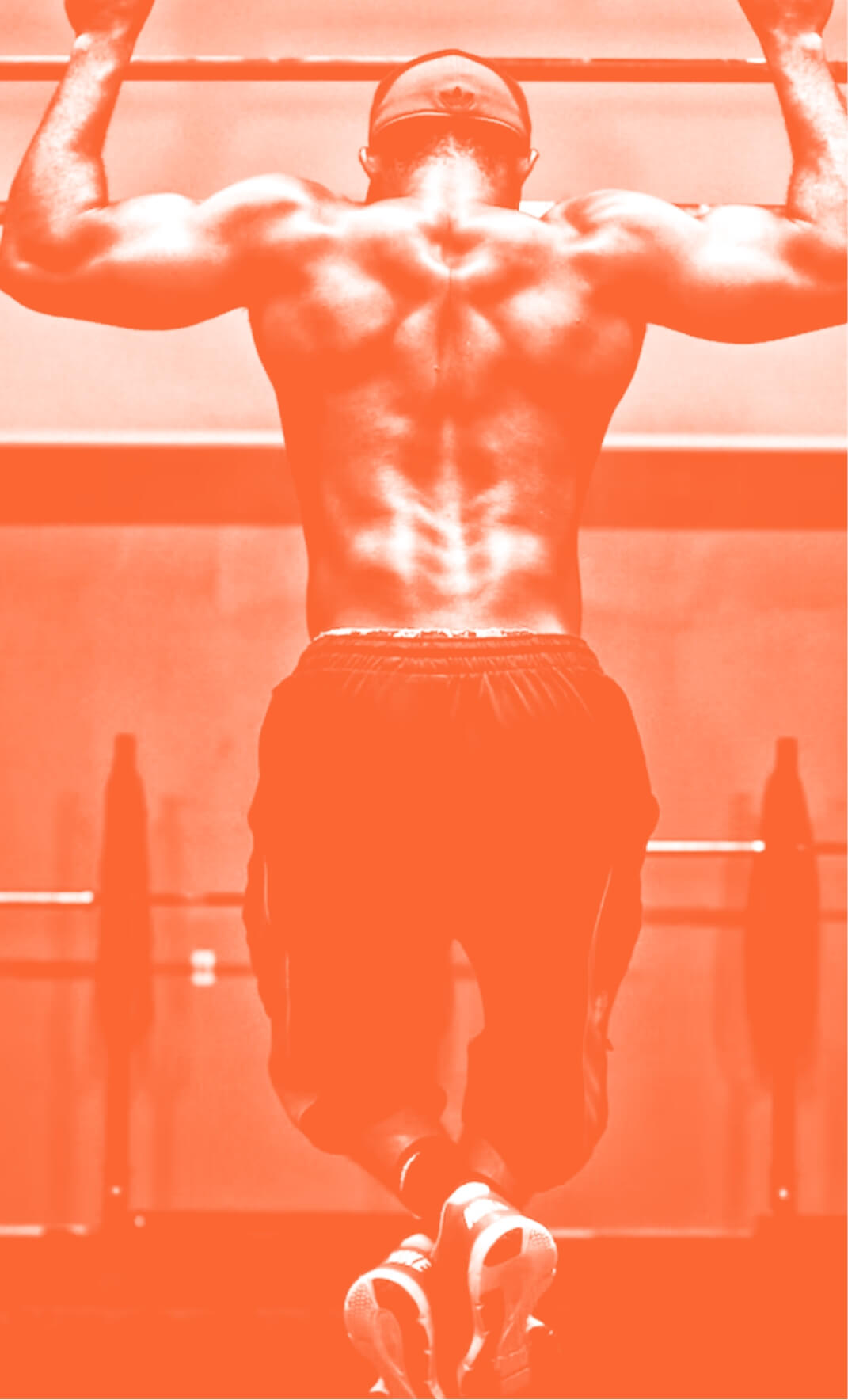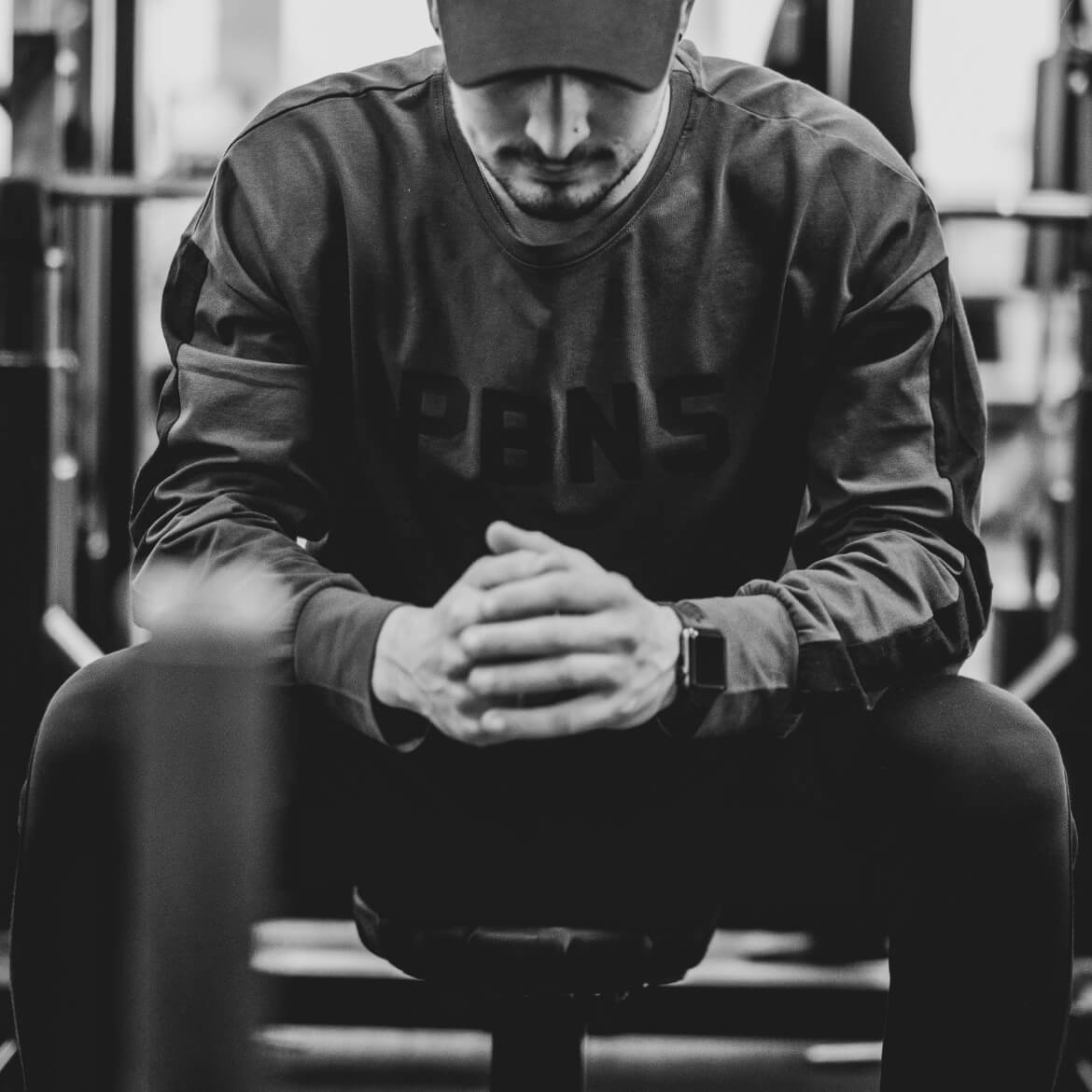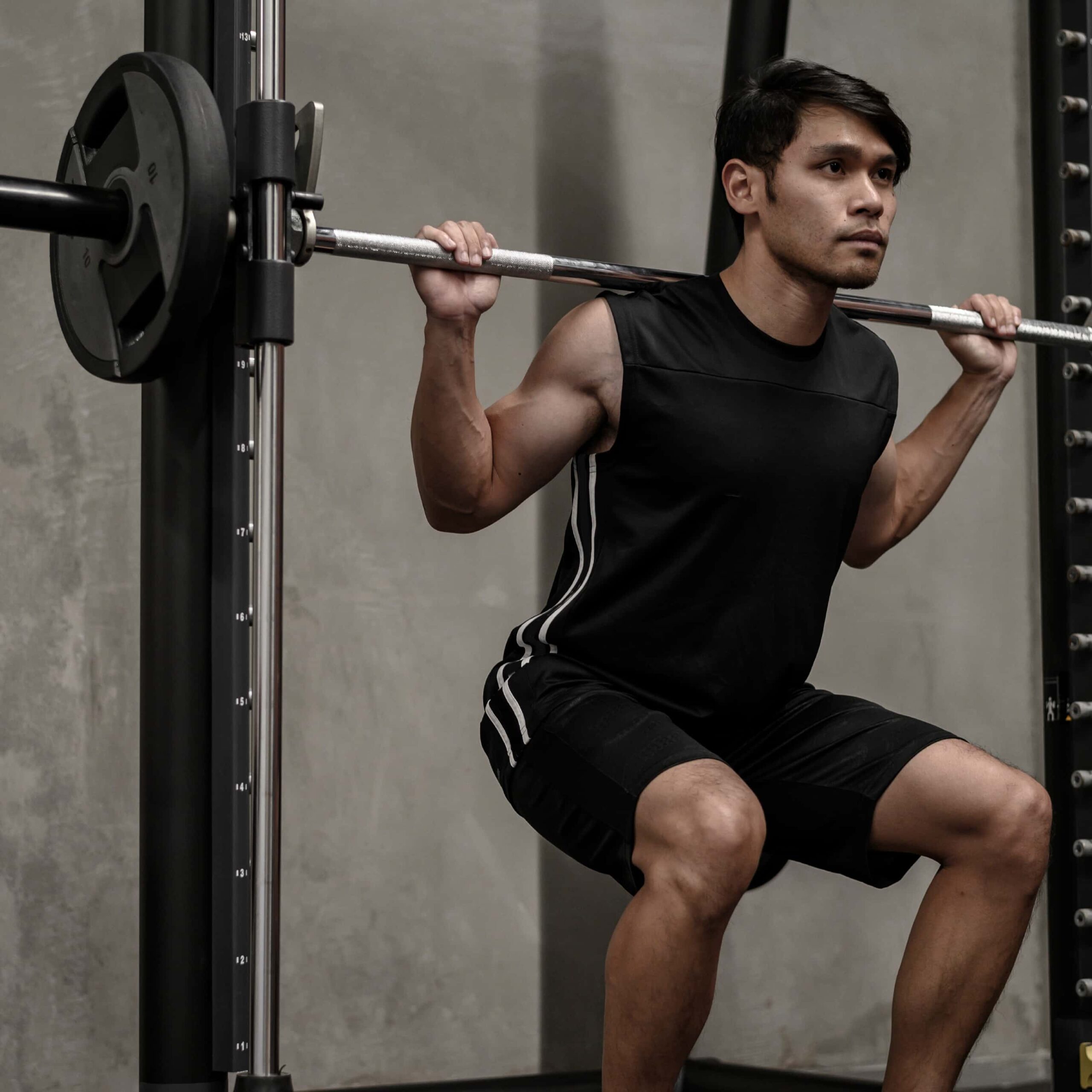How to start a personal training business
3rd May 22

The personal training industry is booming, currently worth an estimated £636m. But while many dream of becoming a PT and building a viable personal training business, making it a reality takes a lot of hard work and dedication. It has been particularly challenging over the last few years, where economic uncertainty and national lockdowns meant PTs were forced to reshape their businesses in order to survive. One person who put in the work adapted and flourished is Lee Murphy, an experienced personal trainer and owner of LMHQ. Based in Wetherby, North Yorkshire, LMHQ is a gym and fitness studio that offers a range of classes and programmes including 1-1 personal training, small group sessions, Pilates, online coaching and more.
We sat down with Lee to talk about his journey to becoming a trainer and owning his own gym. Want to start your own personal training business? Read on to find out how Lee has built a successful business as a PT and the lessons he learned along the way…
Hi Lee! Thanks for taking the time to chat with us. First and foremost, why did you decide to become a PT?
My main priority was to work with people and help them achieve things. And also to do a job I enjoy – that’s really important to me.
What was your path to becoming a PT?
I did a business degree, during which I decided I wanted to work in the fitness industry. I became a gym instructor in 2012 and gained experience in a local leisure centre, taking people around the gym and doing inductions. Then I did my Level 3 in Personal Training and qualified as a PT in 2013. By this point, I had a strong idea of what people want in a gym. It was a real process, but the whole time I was focused on following my passion and helping people.
How long have you owned your own gym?
I got my premises at the end of 2016 and kitted it out for opening in early 2017. Since then I’ve worked with hundreds of clients – most of them I see regularly, still to this day.
What qualifications are necessary to become a PT?
You need to do your Level 1 and Level 2 Gym Instructor Course, followed by your Level 3 in Personal Training. There’s a big jump from Level 2 to Level 3; that’s when you know you’re serious about it. There is an option to move up to Level 4 and do a strength and conditioning course, which is something I’d like to do, but finding the time is difficult. I’ve also got extra qualifications of Indoor Cycling Instructor and GP Referrals, which means GPs can refer their patients to me. That one was really tough to get.
What are your thoughts on unqualified ‘personal trainers’?
It’s something that needs to be more regulated. There’s a massive level of trust between a PT and their clients; it’s a privilege to be trusted. Qualifications are important, and there should also be refreshers to make sure you’re still up to standard. I’d like to help people become personal trainers – it’s another course I’d like to do when I find the time.
What qualities does a great personal trainer possess?
A great PT is in tune with people. They’re passionate. They also have high standards. If a trainer wants to join my business, I need to be sure of all of this. It’s not about the hours they can do or the money. It’s about being a good fit and aligning with me and my business. I understand not all personal trainers work exactly like me, and I’ll always give people space to coach in their own way, but they’ve got to fit into the culture.


What is the best part of owning your own personal training business?
I love the sense of community and the feeling of belonging to something bigger. Getting people together is such a big thing for me. It doesn’t matter where we’re located, or what the building is – it’s the people that make it a gym. When people ask me what I do, I say that I’m a PT, but I have a gym, and together we have a community. It’s the most important aspect of my business.
Do you have many success stories?
So many. My main focus is helping people and giving them a platform to achieve something they never thought possible. I have clients who’ve built up their confidence and fitness enough to run marathons. I love it when people say ‘I can’t do it’ and then after a little encouragement, it flips to ‘Oh my god, I can’t believe I did it!’
What do you wish you had known before starting your business?
If I could give myself advice eight years ago, I would say, get people on board as soon as possible. People that know what they’re doing. I can’t do it all, and I’ve finally accepted that. When you run your own business, you need to surround yourself with good people that know what they’re doing, whether that be with your accounts, your website, your marketing…
What are the benefits of owning your own personal training business?
There are many benefits to having your own gym and business, but it’s not a bad idea to start out in someone else’s facility and rent space. That way, you can learn on the job, pick up different skills and get your bearings. You can also decide if you really want to take this career seriously. Then when you have your own gym, you can create something that’s unique to you and your clients (if you stay in another gym or a leisure centre, for example, you have to follow their procedures).
What do you look for in your exercise equipment?
Quality gym equipment, always. I don’t invest in anything that’s not of the highest quality. Because if I’m a client and paying x amount of money to a personal trainer, I don’t want to be put on an old bike.
What is the best piece of gym equipment for a beginner?
A pair of dumbbells. It sounds boring, but you can’t beat them.
And the best piece of equipment for yourself?
For me, I like a bar. You can do so much with it; front squats, back squats, bench presses, shoulder presses… That’s why I’ve invested in so many barbells for my group training sessions. Again, it sounds boring, but I truly believe that basic kit builds strong bodies.
What are your thoughts on online coaching?
There’s definitely space for online coaching in the world of personal training. It’s a great option for people who have a home gym because they can get some direction and accountability. During lockdown, I started running sessions on Zoom, and I also partnered up with an app so that my clients could be programmed every 4 weeks. I still have a couple of clients in America that train with me on the app.


How important is branding and marketing to you as a PT?
I didn’t have a clue about branding eight years ago, so I decided to name the brand after myself – Lee Murphy Personal Training. But I then realised that I wanted to take the business in a new direction and give people the opportunity to also work here with me. So I rebranded to LMHQ.
In terms of marketing, I really underestimated the power of word of mouth. When you’re younger, you think the more exciting and elaborate marketing plans will get you more business. But that’s not true. It’s good to have an online presence, but it’s the word of mouth that drives the clients. After all, we only recommend good stuff to our friends and family. I do believe that social media is important, but I think people can get carried away (I have previously). Now, I concentrate on sharing high-quality content that offers value, like a little tip on training, or meal ideas. It’s a great way to demonstrate my knowledge and offer people something for free.
How would you encourage someone to start exercising at home?
The more exercise that you get, the better – from a physical but also from a mental point of view. And exercise doesn’t have to be two hours on an assault bike. Exercise is any type of movement.
What home gym equipment would you recommend to your clients?
It depends who they are. Fundamentally, a pair of dumbbells is the perfect starting point. You can’t go wrong with them. Resistance bands are also great; I got a new respect for them during lockdown because they’re compact, they work the full body, and they’re ideal for clients of all ages and abilities. If I was setting up a home gym for myself, I’d choose a boxing bag. They’re such versatile pieces of equipment.
What home gym equipment would you recommend to an older client?
For an older client, I’d always recommend a piece of low impact cardio equipment, like a cross-trainer.
Would you recommend a treadmill for a home gym?
There are a few advantages to having a treadmill at home. They help to get people ‘into’ running. Running can be really daunting. Going for your first run outside is terrifying! And if you’re doing intervals or something, you feel embarrassed that people are thinking “What’s he doing? Why’s he stopped running?” So with a treadmill, you can run by yourself at home with no judgement, and build up your confidence levels.
What about a Smith machine or multi-gym?
Smith machines are great for training alone because you can rack it in. They’re also great for people who want to get used to the bar. In terms of other home gym machines, I’d always look for cables. You can do so much with them and work your full body. The tension is offered all the way through the movement, which is why cable pulleys are fantastic.
What are your final pieces of advice for someone wanting to start their own personal training business?
Be authentic, always. Try not to listen to the negative people. Always ask for advice, because you can learn so much from those around you. And always surround yourself with good people.
A huge thank you to Lee Murphy from LMHQ for taking the time to chat with us and offer us some insight into his personal training business. You can find out more about LMHQ by following over on Instagram, and if you’re a local looking for new gym classes or one-to-one training, we can wholeheartedly recommend Lee!

Before beginning any exercise or nutrition program, consult your physician, doctor or other professional. This is especially important for individuals over the age of 35 or persons with pre-existing health problems. Exercise.co.uk assumes no responsibility for personal injury or property damage sustained using our advice.
If you experience dizziness, nausea, chest pain, or any other abnormal symptoms, stop the workout at once and consult a physician or doctor immediately.









